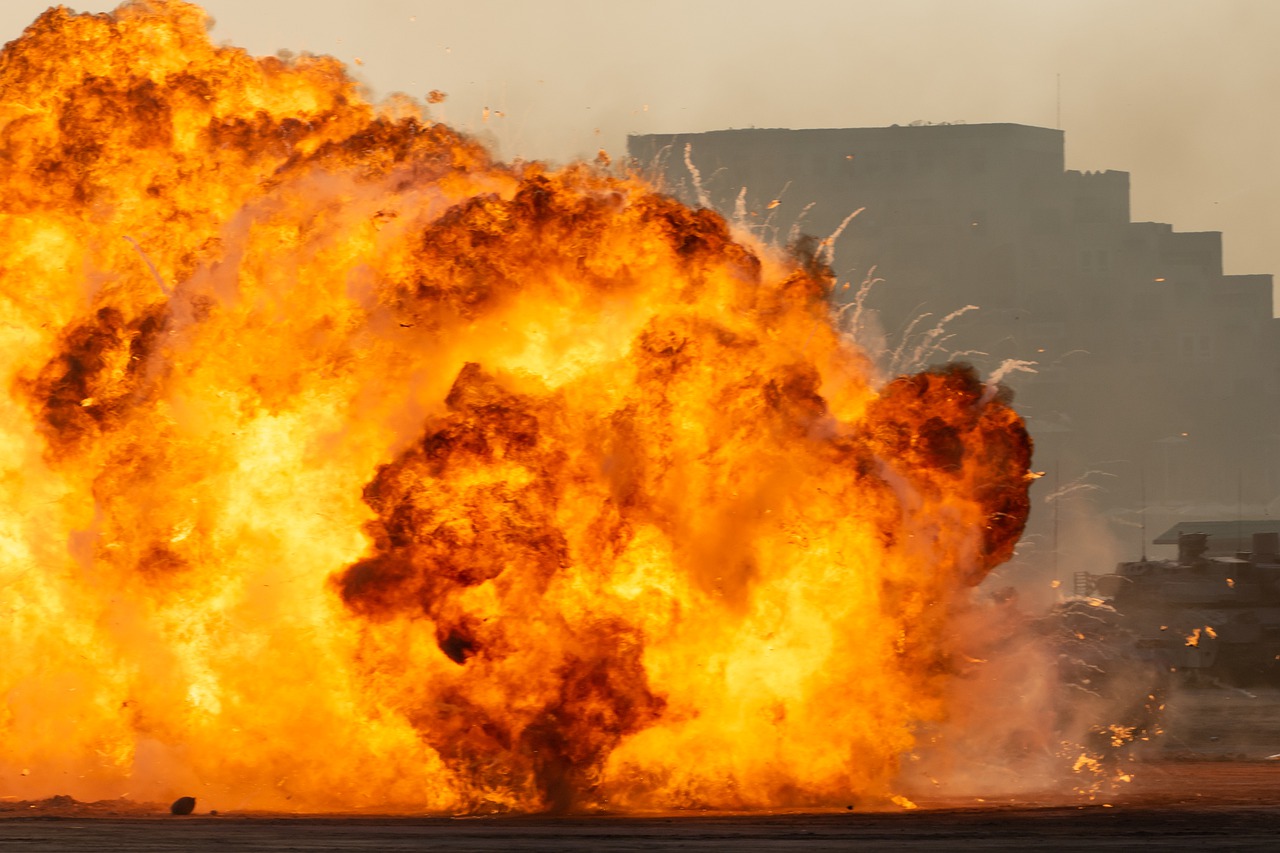

Bogotá, Colombia — A car bomb and a separate attack on a police helicopter killed at least 17 people in Colombia on Thursday, authorities reported, highlighting the persistent security challenges in the country’s northern and southwestern regions. President Gustavo Petro attributed both attacks to dissidents of the defunct Revolutionary Armed Forces of Colombia (FARC).
At least 12 police officers died when the helicopter, transporting personnel to an area in Antioquia to eradicate coca leaf crops—the raw material for cocaine—was attacked. Petro initially reported eight deaths, but Antioquia Governor Andrés Julián later confirmed four more fatalities, with three officers still injured.
Governor Julián stated on X that the helicopter was targeted by a drone while flying over coca cultivation zones. Colombian Defense Minister Pedro Sánchez added that preliminary investigations indicate the assault caused a fire on board.
Simultaneously, in Cali, a vehicle loaded with explosives detonated near a military aviation school, killing five people and injuring more than 30 others. The Colombian Air Force has not provided further details regarding the blast.
President Petro initially blamed the Gulf Clan, Colombia’s largest active drug cartel, for the helicopter attack, citing possible retaliation for a recent cocaine seizure attributed to the group. Authorities also reported the arrest of an alleged member of a FARC dissident faction near the site of the explosion.
FARC dissidents, who rejected a 2016 peace agreement with the government, and members of the Gulf Clan remain active in Antioquia, one of the country’s major coca-producing regions. Coca cultivation has surged in recent years, reaching a record 253,000 hectares in 2023, according to the U.N. Office on Drugs and Crime.
These attacks underscore the continuing volatility in Colombia, where efforts to combat narcotics trafficking and insurgent violence remain fraught with risk for law enforcement personnel and civilians alike.